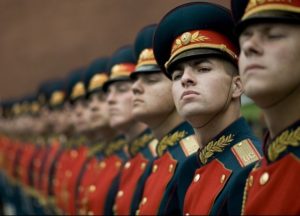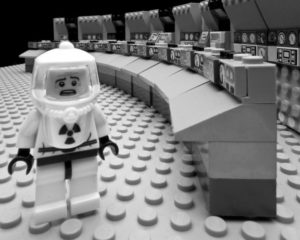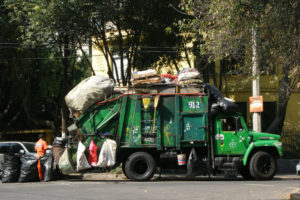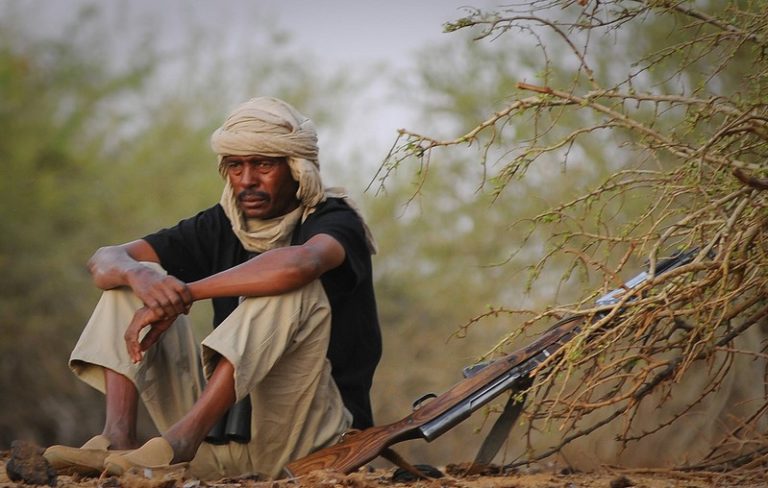Letter from La Vigie Nr 152 (14 October 2020)
What does Russia tell us?
Russia thinks of itself as a power. Master of the land, it is implementing a strategy that knows how to take its time and skillfully play with the new configuration of the world structured by the confrontation between China and the United States and a deregulation of multilateralism. It is, however, a rough partner that does not know how to encourage dialogue, which is necessary for Europe if it does not want to fall prey to predators.
To read the article, click here.
Disunited Unities
The word unité (both unit and unity) has in French the particularity of designating both the elementary part of a set and the set itself. Depending on the fields to which it is applied, the duality of meaning leads to singularly different values of unity, particularly in terms of a state’s political philosophy or foreign policy. In the era of triumphant individualism, what meaning should be given to the unity of the Republic in a world in the midst of strategic recomposition?
To read the article, click here
Lorgnette : Free Hostages
The release of the last French hostage last week has caused several controversies. Did France pay a ransom? Was her release worth the release of 200 prisoners? On these two points, we have few details, but the negotiations seem to have been conducted by the Malian government autonomously, without France. The question of the hostage would have come late, without any question of ransom. As for the terms of trade, some quickly concluded that they were Islamists, when the barter seems to have been based on intra-Malian considerations.
This largely explains the embarrassment of the authorities, faced with a fait accompli and not knowing what to say in the face of the hostage’s words, declaring that he had followed “a spiritual retreat”. Everyone was able to note there the limits of the curious tradition of a President of the Republic rushing to the airport to welcome the freed compatriot. Communication without a message is counterproductive. For all that, no matter the merit or the opinions of each hostage: national solidarity requires that they be sent home, according to the principle of “all for one”. This is basically our national raison d’être.
JOCV
Subscribers: click directly on the links to read online or download the pdf number (here), always with your login/password. New reader: read the article in the issue, by clicking on each article (2,5 €), or by subscribing (abo discovery 17 €, annual abo. orga 70 €, abo. orga 300 € HT): here, the different formulas.
Crédit photo : https://visualhunt.com/photo4/14802/members-of-honor-guard/



